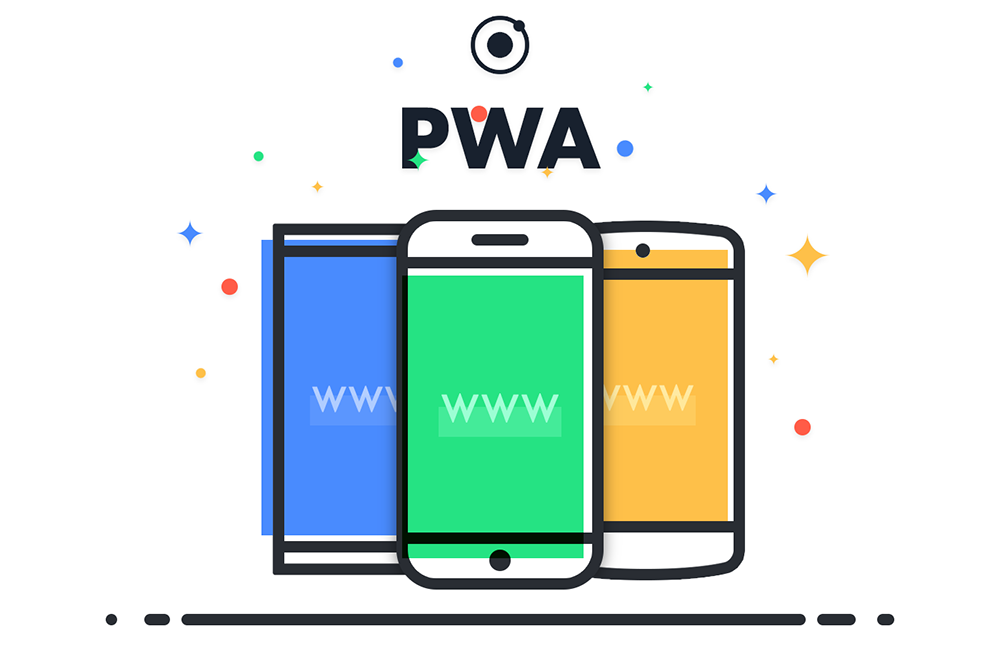Differences between PWA and native apps, which is more cost-effective?
What is the difference between a native app and a PWA?
There are several key differences between a native app and a PWA. Perhaps the most notable difference is that a native app is typically installed directly onto a user’s device, while a PWA is accessed through a web browser. This means that PWAs can be used by anyone with an internet connection, regardless of whether or not they have a specific device or operating system.
Additionally, native apps tend to have more features and functionality than PWAs. This is because they are designed specifically for one platform and can take advantage of all the features and capabilities of that platform. PWAs, on the other hand, are designed to work across multiple platforms and devices, so they can’t take full advantage of the features of any one platform.
Finally, native apps are generally more expensive to develop than PWAs. This is because they require specialized knowledge and skills, and the development process is often more complex. PWAs can be developed relatively quickly and easily, which makes them a more cost-effective option for businesses.
So, what’s the bottom line?
Overall, the main difference between a native app and a PWA is that a native app is installed directly onto a user’s device, while a PWA is accessed through a web browser. Native apps offer more features and functionality than PWAs, but they are also more expensive to develop. PWAs are less expensive to develop and can be used by anyone with an internet connection, making them a more cost-effective option for businesses.

What are the benefits of PWA vs Native App?
There are several benefits of Progressive Web Apps (PWA) vs Native Apps.
One benefit of a PWA is that they are typically much easier and less expensive to develop than a native app. PWAs also have the potential to reach a wider audience since they can be installed on any type of device, including smartphones, tablets, and computers.
Another advantage of PWAs is that they can be updated without having to go through the app store approval process. This means that you can deploy new features and updates much faster than with a native app.
Finally, PWAs tend to use less battery power and data than native apps, which is important for users who are concerned about their data usage or who have devices with limited battery life.
Overall, there are many benefits to using a PWA instead of a native app. If you are considering developing an app, it is worth exploring the option of creating a PWA.
Will PWA replace native apps?
There is no doubt that Progressive Web Apps (PWA) are on the rise. More and more Chester based businesses are turning to this technology to create user-friendly, reliable, and engaging applications. But what does this mean for native apps? Will PWA eventually replace them altogether?
The short answer is: probably not. Native apps still have a lot of advantages that PWAs cannot match. For example, native apps can access a device’s full range of features, including the camera, GPS, and push notifications. They can also be easily found in app stores and downloaded with just a few clicks.
However, PWAs are quickly closing the gap. With advances in technology, they are becoming more and more capable of matching the functionality of native apps. In addition, they offer a number of advantages that native apps cannot match, such as being more accessible (no need to download and install), cheaper to develop, and easier to update.
So while PWAs are not likely to replace native apps anytime soon, they are definitely becoming a more viable option for businesses looking to create a digital presence. And with the increasing popularity of PWAs, it is likely that this trend will continue.
Which is more cost-effective, PWA or native apps?
There is no clear winner when it comes to cost-effectiveness between PWA and native apps. It really depends on the specific project requirements and goals. In general, PWA may be more cost-effective for small businesses or those with limited resources, while native apps may be better suited for large enterprises or those with more complex needs. Ultimately, the decision should be based on what will best meet the needs of the specific project then please contact Chester Apps.
